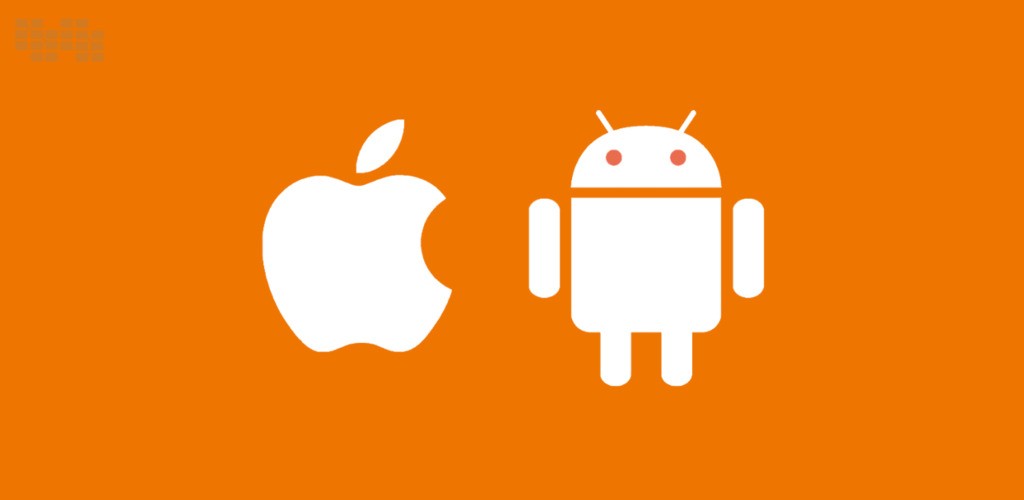
Published at: February 1, 2025 7:05 AM
Updated at: February 1, 2025 7:07 AM
The debate between iOS and Android has been ongoing for years, with dedicated users on both sides. As the two leading mobile operating systems, they each bring their strengths and weaknesses. But which one is better? Let’s break it down.
1. User Experience: Simplicity vs. Customization
- iOS: Known for its clean, easy-to-use interface, iOS offers a smooth and consistent experience. The system is optimized for performance, making it a great choice for those who prefer simplicity.
- Android: If customization matters to you, Android is the way to go. From widgets to app launchers, you can personalize your device in countless ways. However, this flexibility can sometimes lead to inconsistency, especially on budget devices.
2. Apps: Quality vs. Variety
- iOS: The App Store is known for high-quality apps that are carefully reviewed before being published. Many developers prioritize iOS, resulting in better-optimized apps.
- Android: The Google Play Store offers more apps, many of which are free. However, the quality can vary, and some apps may not be well-optimized for all Android devices. On the plus side, Android allows app downloads from other sources, giving users more options.
3. Hardware Choices: Premium vs. Wide Selection
- iOS: Apple designs both the hardware and software, leading to a seamless experience. iPhones are known for premium materials, powerful processors, and long-term software support—but at a higher price.
- Android: Available in a wide range of devices, Android phones come in all price points. Whether you want a budget-friendly phone or a high-end flagship with cutting-edge features, there’s an Android device for everyone.
4. Privacy and Security: Closed vs. Open System
- iOS: Apple prioritizes privacy with strong security measures, including app tracking prevention and encrypted data. The closed system makes it harder for harmful apps to gain access.
- Android: While security has improved, Android’s open nature makes it more vulnerable to malware. However, it offers more control over app permissions, which privacy-conscious users may appreciate.
5. Ecosystem Integration: Seamless vs. Versatile
- iOS: If you already use Apple products, iOS is a natural choice. Features like AirDrop, iCloud, and Handoff make it easy to connect your devices effortlessly.
- Android: Works well with Google services and supports a wider variety of third-party devices. If you prefer flexibility and compatibility with different brands, Android is the better option.
6. Software Updates: Consistent vs. Uncertain
- iOS: Apple provides updates regularly across all supported devices, ensuring security and new features for years.
- Android: Software updates vary by manufacturer. While some brands, like Google’s Pixel, offer timely updates, others may delay or limit support.
So, Which One Is Better?
The best choice depends on what you need from a smartphone.
- If you want a smooth, secure experience with premium hardware, iOS is ideal.
- Android is a better fit if you prefer customization, variety, and affordability.
Both systems continue to evolve, offering users more features and improvements. Regardless of your choice, smartphones keep improving, ensuring exciting innovations for years to come.

Share to